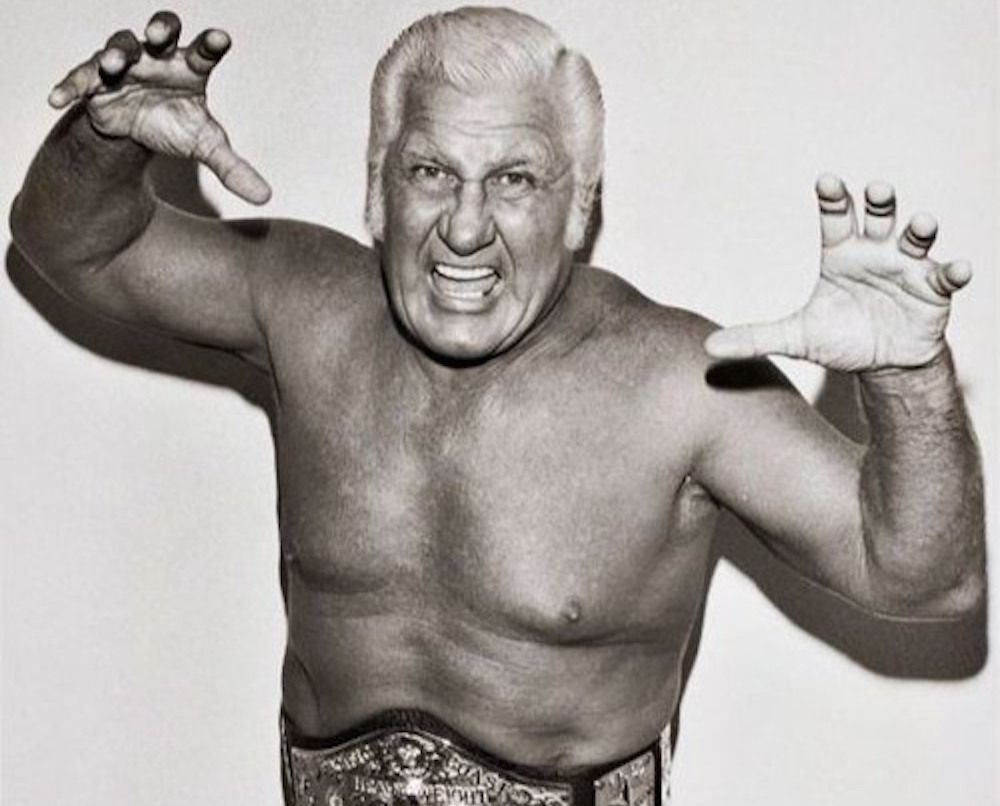quick links
- Paul Jones started Georgia championship wrestling
- GCW was finally bought by Vince McMahon
Before the advent of sports entertainment and the rise of WWE, professional wrestling was a very different world than it is today. The wrestling scene was divided into territories and the operation was overseen by the governing body, the Alianza Nacional de Lucha Libre. These territories were spread throughout the United States and limited to their geographic location. Wrestlers were traded between regional promotions with mutual consent, leading superstars to constantly move from one territory to another.
Despite the rules established to promote stability and uniformity, some territories were weak and others were truly powerful, with great influence in the NWA. Some territories had their own TV shows and were able to sell out, while others were barely able to generate enough money to pay their wrestlers. One of the infamous and powerful territories of the old system was Georgia Championship Wrestling, and it started in the 1940s.
Paul Jones started Georgia championship wrestling
GCW was one of the most powerful wrestling promotions in the NWA. Paul Jones, the promoter responsible for the territory, began booking shows in the mid-1940s and was helped by a former wrestler named Don McIntyre. The promotion was initially called ABC Booking, headed by Jones, who used to present at the Atlanta Municipal Auditorium during the 1940s and 1950s.
Freddie Blassie, one of the greatest heels of all time, was one of the biggest stars during this time period. The promotion rose in popularity, becoming a respected member of the NWA, selling out shows, and experiencing an influx of top talent. In the 1960s, several prominent wrestlers moved to Georgia, including Gorgeous George, Eddie Graham, and Gene Anderson. A top star and accomplished wrestler, Ray Gunkel became a shareholder in ABC Booking, but Ray passed away in 1972, aged just 48. This led the promotion to a crisis and a civil promotional war.
Gunkel’s widow, Ann Gunkel, a former model and businesswoman, disagreed with the other co-owners, particularly Bill Watts, who had acquired a controlling interest in the promotion. Gunkel founded an outlaw promotion by the name of the All-South Wrestling Alliance to compete against GCW. And so began a promotional war that would last for quite some time.
It is pertinent to mention that Gunkel’s promotion was outside of the NWA and was not approved by the sport’s governing body, but Ann Gunkel enlisted the help of several prominent superstars and the new promotion created stiff competition for Watts. More importantly, he was able to get a time slot for his Ted Turner promo. Thanks to Turner, the All-South Wrestling promotion won a one-hour time slot on WTBS.
In 1974, Jim Barnett was hired by Bill Watts and the tide turned in the promotional war. ASWA soon withdrew and GCW was victorious in the war. After years of struggles, GCW was once again the dominant promotion, and under Barnett’s leadership, the promotion was more powerful than ever. In 1976, GCW became the first promotion to end up on national cable television. The highest rated show on Ted Turner’s WTBS superstation was GCW’s World Championship Wrestling, which continued until 1984.
GCW was finally bought by Vince McMahon
In that year, ambitious WWE owner Vince McMahon purchased GCW from Jim Barnett and the Brisco Brothers, and the rest is history. Vince McMahon then became the most powerful individual in professional wrestling history and went to war with Ted Turner. GCW’s rich history was forgotten in the decades that followed, becoming a mere footnote in WCW history, but at one point, GCW was an incredibly popular and powerful promotion. Vince McMahon set his sights on GCW for that reason.
With stars like Dusty Rhodes, Roddy Piper, Ole Anderson, and Ric Flair, and complementary talents like Gordon Solie hosting the weekly shows, GCW represented the pinnacle of wrestling in the NWA, and was often referred to as the Holy Grail of the NWA. .
GCW laid the foundation for other wrestling promotions like WCW and WWE and while much of its history is forgotten, those who witnessed it know the importance and significance of the promotion and how it shaped what wrestling is today.

